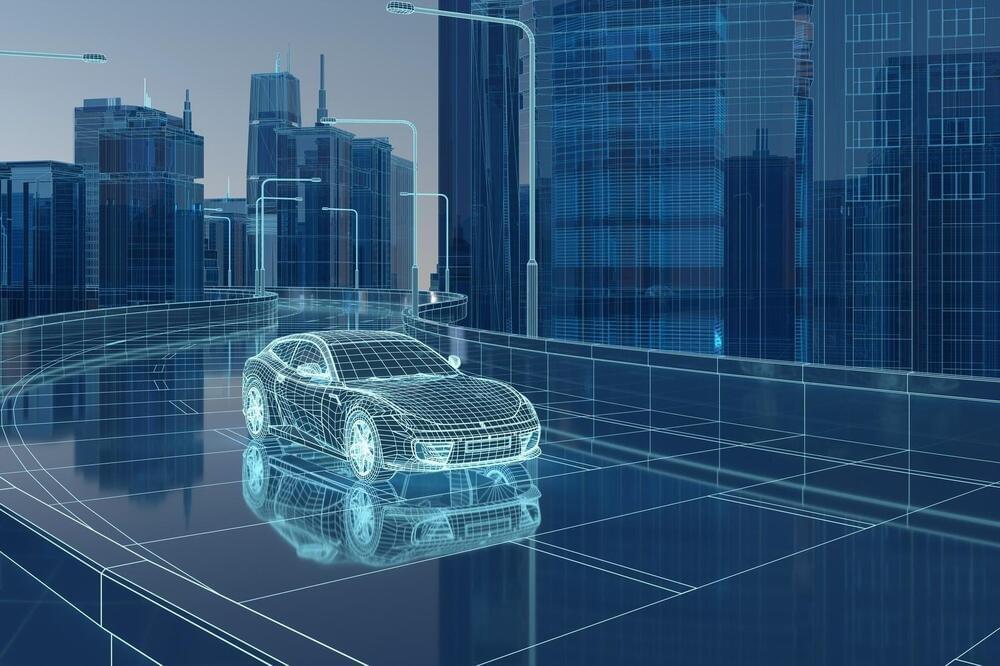This benefits customers by accelerating access to future vehicles that feature the latest technology while also enabling their current vehicles to be eligible to receive updates and improvements over time—unlocking additional value beyond the initial point of purchase. And for large enterprises, shorter development cycles with less ground-up engineering can equate to significant cost savings and allow more investment in innovation.
Beyond vehicles themselves, the tools, techniques and processes that are required to engineer and manufacture at scale are also benefitting from developments in the latest hardware technology. Advancements in raw material chemistry and processing, fabrication and physical sciences are leading to lighter, stronger and better-performing vehicle applications in parallel with greater connectivity.
As advancements in transportation technology continue to evolve, it’s important for companies to balance their focus on the continual development of both hardware and software technologies. Forgoing advancements in one without investing in the development of the other can lead to significant risks and missed opportunities for long-term success.
